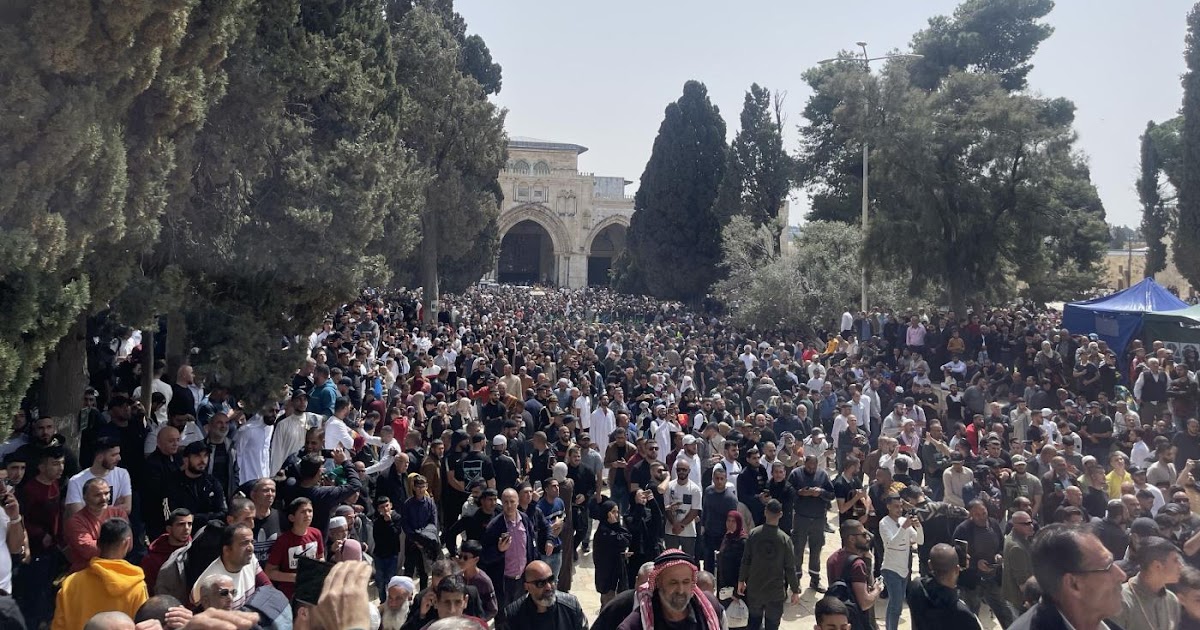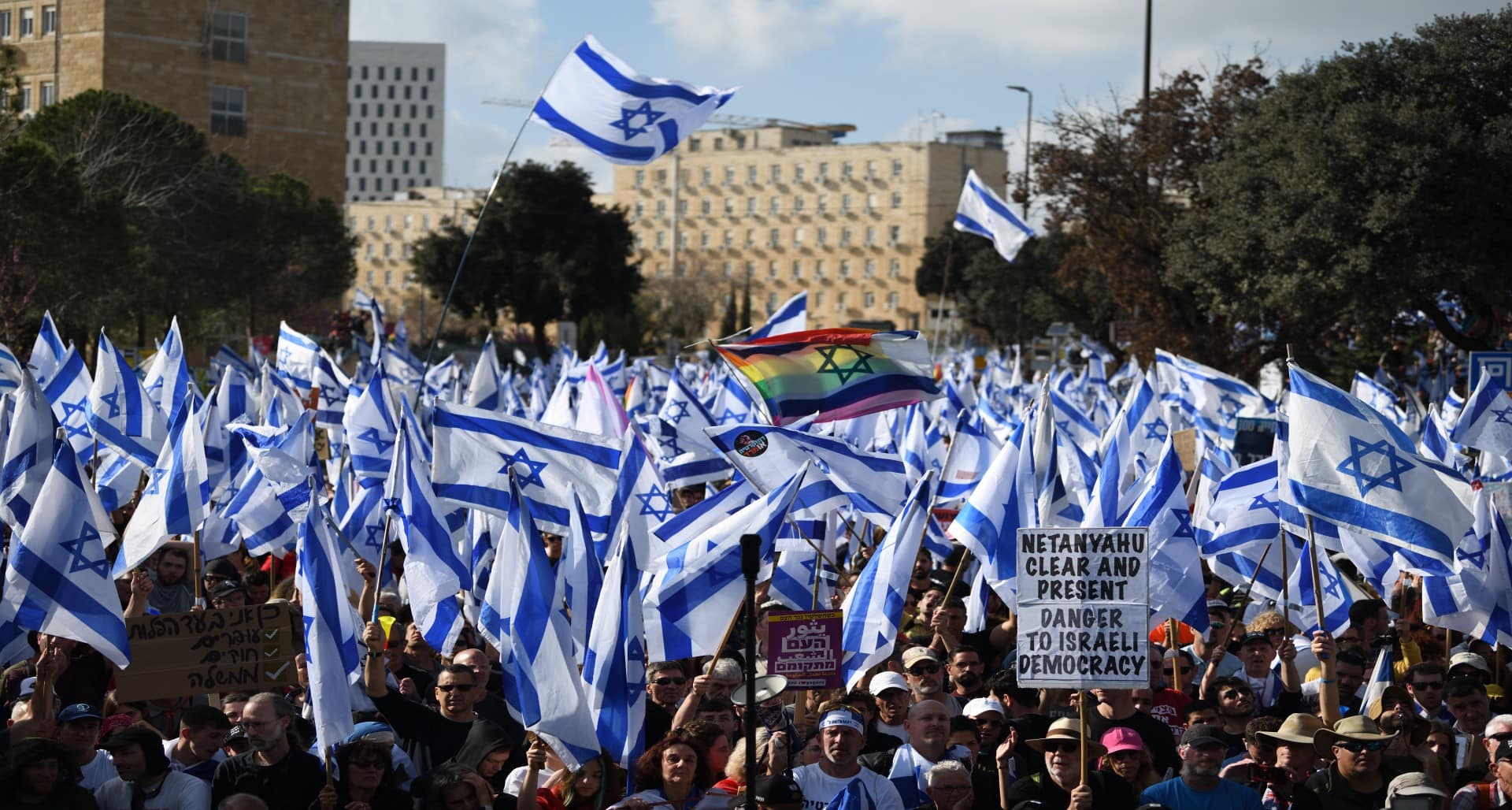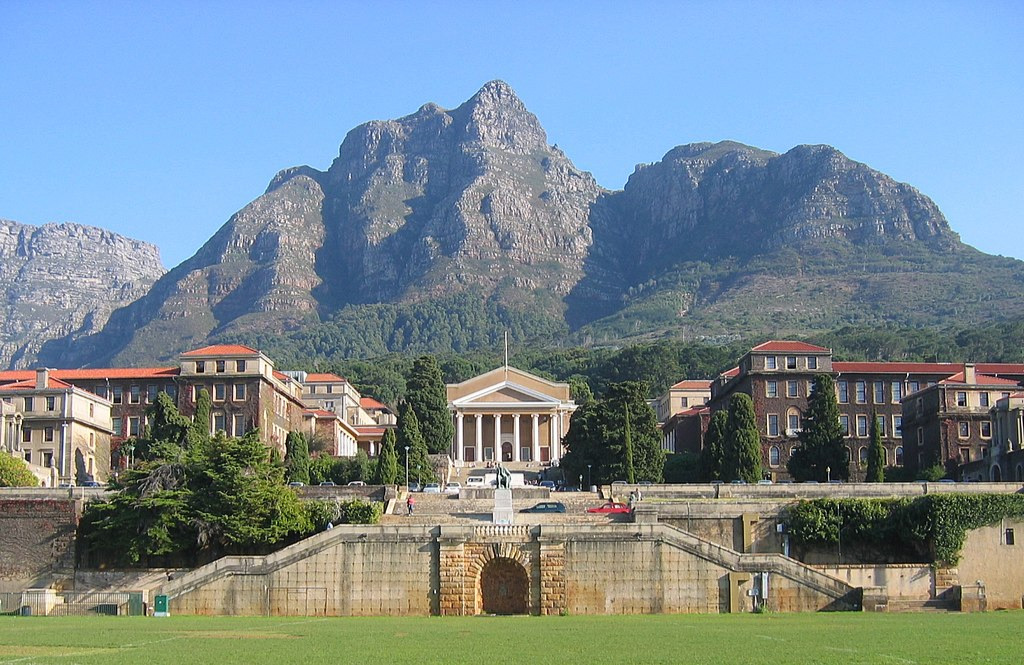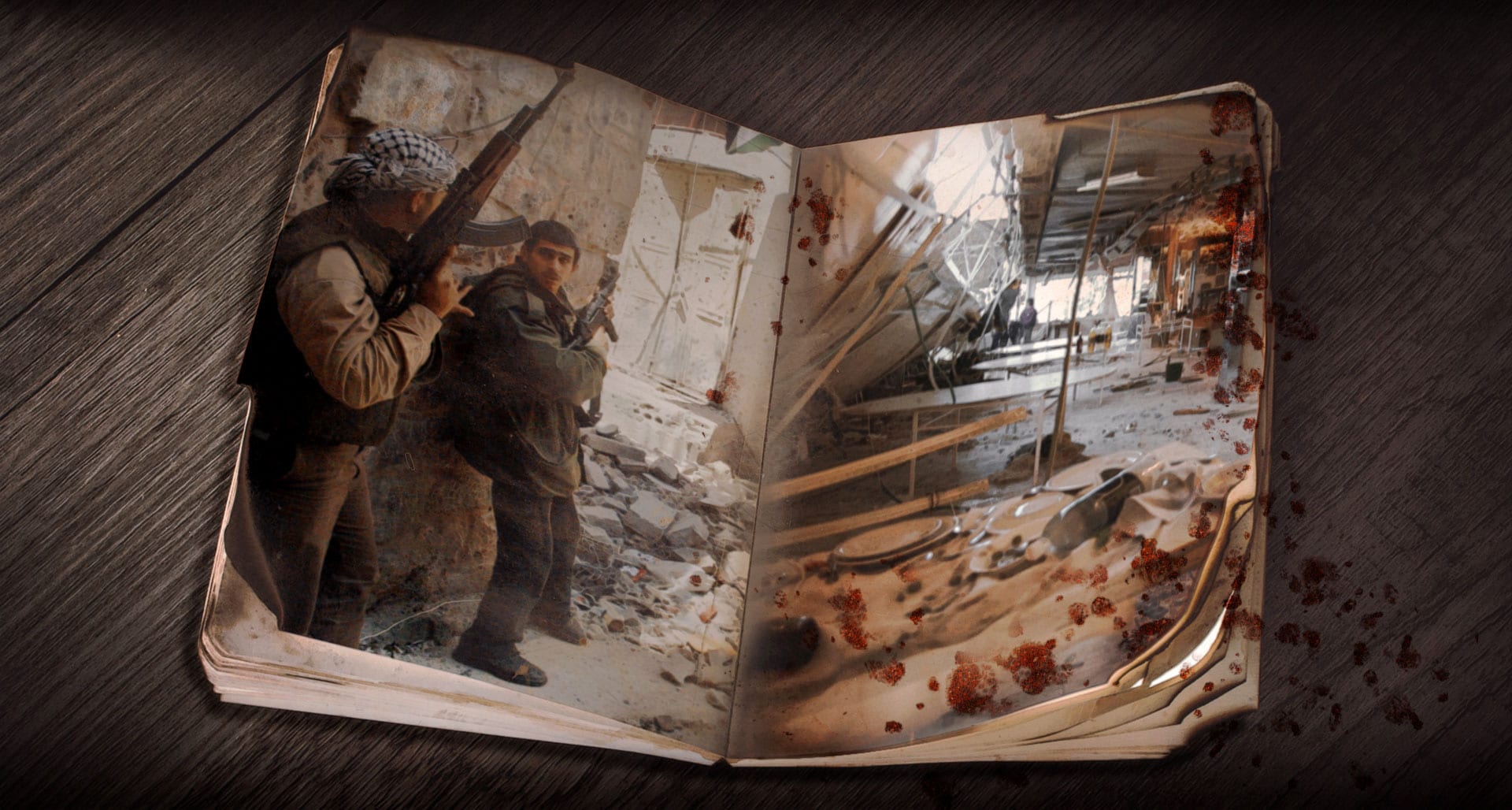Sixties Fan
Diamond Member
- Mar 6, 2017
- 68,484
- 12,285
- 2,290
- Thread starter
- #3,301
The official Palestinian Wafa news agency reported that thousands of Muslims jammed the Tomb of the Patriarchs and the surrounding streets on Friday, the first Friday of Ramadan.
It is one of the ten days of the year that Jews are banned from the sacred site, the second holiest site in Judaism.
Wafa interviewed one of the worshipers, who explained why she came. "It is our duty, we, the people of Hebron in particular, and Palestine in general, to stay in it by praying in it, because our presence here enrages the occupation and its settlers who are trying to Judaize the Haram, and we must protect it through our permanent presence and prayer in it."
The main reason to go to the site is apparently not for prayer, but to send a message to Jews and enrage them.
This point was repeated by Palestinian officials as well.
The Director General of the Hebron Endowment, Nidal al-Ja’bari, told Wafa, “Today, thousands of worshipers came the first Friday of Ramadan in all the Ibrahimi Mosque's corridors, squares, and internal and external courtyards. The sanctuary will remain purely Islamic, and the Jews have no right to it."
He added, "Jerusalem, Hebron, and Palestine, along with the unified Arab and Palestinian sanctities in them, will remain, and will not be the legacy of the abhorrent Israeli occupation."
The preacher of the sanctuary, Sheikh Atta al-Muhtaseb, urged during his Friday sermon that Palestinians flock and pray in the building, to protect it and provide for it in light of the arrogance of the occupation and its settlers.
The language is never how holy or sacred the site is. It is never about the importance of Abraham to the Islamic religion. Invariably, when Palestinian are talking about the holy sites in the land, it is is terms not of their importance to Islam but their desire to rid those sites of Jews.
The Tomb of the Patriarchs and the Temple Mount were off-limits to Jews altogether when Muslims controlled the region. They make no secret that they want things to return to the way they were - a status quo from the 19th century.
And much of the world agrees with this official antisemitism of the Palestinians.

 elderofziyon.blogspot.com
elderofziyon.blogspot.com
It is one of the ten days of the year that Jews are banned from the sacred site, the second holiest site in Judaism.
Wafa interviewed one of the worshipers, who explained why she came. "It is our duty, we, the people of Hebron in particular, and Palestine in general, to stay in it by praying in it, because our presence here enrages the occupation and its settlers who are trying to Judaize the Haram, and we must protect it through our permanent presence and prayer in it."
The main reason to go to the site is apparently not for prayer, but to send a message to Jews and enrage them.
This point was repeated by Palestinian officials as well.
The Director General of the Hebron Endowment, Nidal al-Ja’bari, told Wafa, “Today, thousands of worshipers came the first Friday of Ramadan in all the Ibrahimi Mosque's corridors, squares, and internal and external courtyards. The sanctuary will remain purely Islamic, and the Jews have no right to it."
He added, "Jerusalem, Hebron, and Palestine, along with the unified Arab and Palestinian sanctities in them, will remain, and will not be the legacy of the abhorrent Israeli occupation."
The preacher of the sanctuary, Sheikh Atta al-Muhtaseb, urged during his Friday sermon that Palestinians flock and pray in the building, to protect it and provide for it in light of the arrogance of the occupation and its settlers.
The language is never how holy or sacred the site is. It is never about the importance of Abraham to the Islamic religion. Invariably, when Palestinian are talking about the holy sites in the land, it is is terms not of their importance to Islam but their desire to rid those sites of Jews.
The Tomb of the Patriarchs and the Temple Mount were off-limits to Jews altogether when Muslims controlled the region. They make no secret that they want things to return to the way they were - a status quo from the 19th century.
And much of the world agrees with this official antisemitism of the Palestinians.

Do Palestinians have love for the "Ibrahimi Mosque" in Hebron, or hate for Jews?
Blogging about Israel and the Arab world since, oh, forever.















